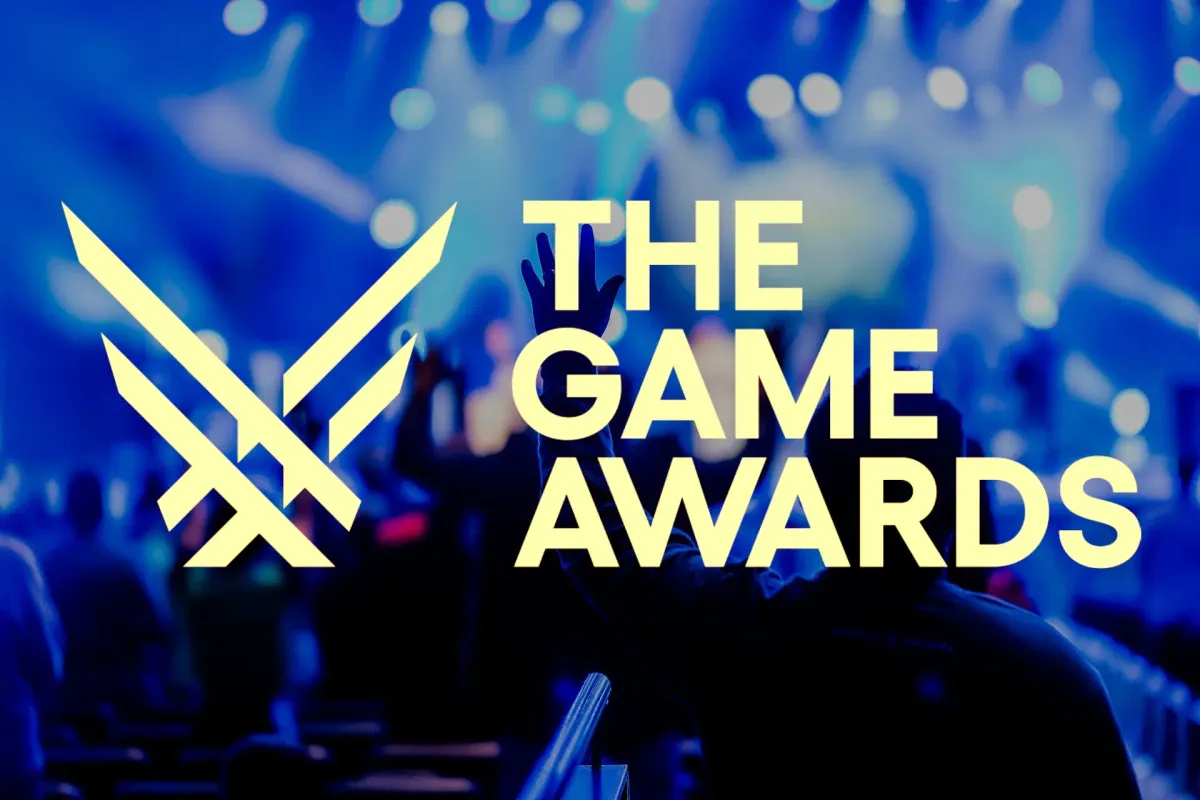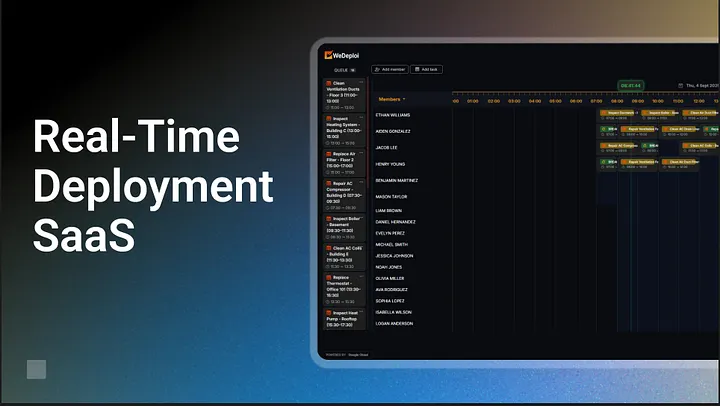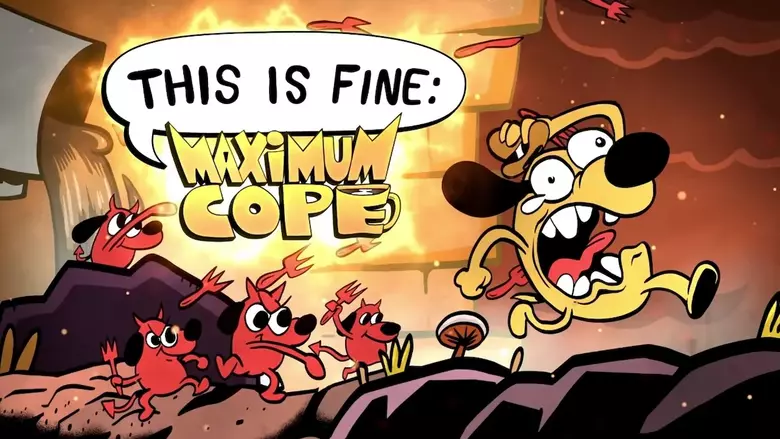Why 2025’s Game of the Year Nominees Look More “Data-Driven” Than Ever
Studios that can afford analytics will dominate. Indies will still break through, but only with extraordinary uniqueness or viral luck.

In the run-up to The Game Awards 2025, one thing stands out more than the list of game of the year nominees 2025: how strangely similar the biggest contenders feel. The game awards nominations this year aren’t just a snapshot of the industry’s best they’re a map of how studios now design around data, retention metrics, and predictive analytics.
Call it the new quiet war in modern game development: creativity vs. algorithms.
KPI-Engineered Games
Across the game awards 2025 nominees, the pattern is unmistakable. Games aren’t simply judged for emotional impact or artistic risk anymore. They’re built around measurable behaviors session length, player friction curves, churn probability, monetization touchpoints, and even “awardability scores” internal teams now track.
Publishers won’t admit it publicly, but several design directors I spoke with said the same thing: the path to the top of thegameawards often begins in a spreadsheet.
Why 2025 Feels Different
Last year, strong word-of-mouth could still push an outsider into game awards nominees lists. Not anymore. With development budgets ballooning, studios lean harder on models predicting which features statistically increase GOTY potential.
And it’s working.
The goty nominees 2025 look like they were built in the same laboratory.

sponsored by WeDeploi
Case Study: Hades 2
Hades 2 is one of the most-discussed titles heading into gameawards season, but not just for its excellent combat. Supergiant strategically used Early Access data tens of millions of player-decision datapoints to shape difficulty pacing, weapon balancing, and emotional beats.
It represents a new hybrid: handcrafted art polished by algorithmic insight.
Players feel the difference, even if they can’t name it. The game flows, adapts, and retains exactly the qualities that make a game of the year 2025 frontrunner.
The Award-Bait Formula
Interviews with developers across three major studios describe a similar internal checklist for award ambition:
- emotional arc optimized via sentiment-tracking playtests
- combat pacing adjusted based on machine-learned frustration curves
- narrative lengths tuned against completion-rate dashboards
- “memorable moments” engineered to spike social metrics
- accessibility features calibrated to increase game awards voting appeal
None of this is unethical. But it is deliberate.
The question is whether The Game Awards is rewarding innovation or simply rewarding who has the better data science team.
A Mirror of Industry Priorities
If you read the the game awards 2025 nominees list next to publisher KPI decks, you can see the alignment. Emotional resonance is still celebrated, but so is consistency, predictability, and retention stability.
Even Geoff Keighley’s team acknowledges privately that this year’s pool feels “safer,” shaped by massive expectations, built to avoid divisive risks.
How Voting Shapes the Output
The the game awards voting system has a bigger influence than most players realize. Journalists and global juries, intentionally or not, are drawn to polished stability over flawed ambition. Games that take huge creative swings bugs and rough edges included rarely survive long enough in consensus voting to reach the game of the year shortlist.
Algorithmically tuned titles, meanwhile, never fall apart.
That reliability wins ballots.
A Future Where Awards Are Predictable
If the trend continues, the game awards 2025 era may be remembered as the turning point the moment when GOTY became not just a celebration of artistry, but the result of a data-optimized production race.
Studios that can afford analytics will dominate. Indies will still break through, but only with extraordinary uniqueness or viral luck. And audiences will increasingly feel the invisible hand of optimization shaping their favorite games.
The Real Question
As we head toward The Game Awards 2025, one question hangs over every nominee:
Are we celebrating the best games of the year
or the most efficiently engineered?
For now, the lines blur. And maybe that’s the real story of goty this year.





